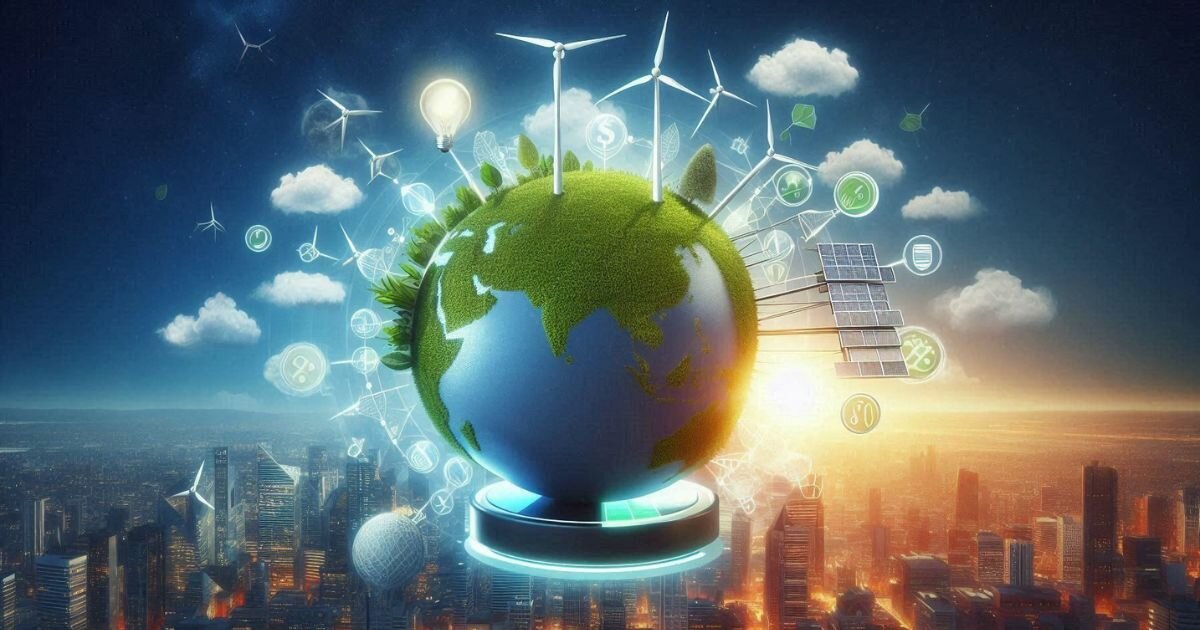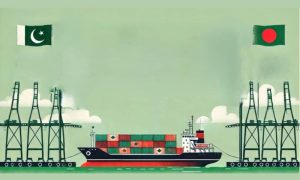BAKU, Azerbaijan: Azerbaijan, known as the “Land of Fire” due to its natural gas flames, is gearing up to host the COP29 climate conference amid ongoing scrutiny of its fossil fuel industry.
The country’s substantial oil and gas reserves have been a driving force behind its economic development since the 19th century, contributing to Baku’s transformation into a bustling metropolis.
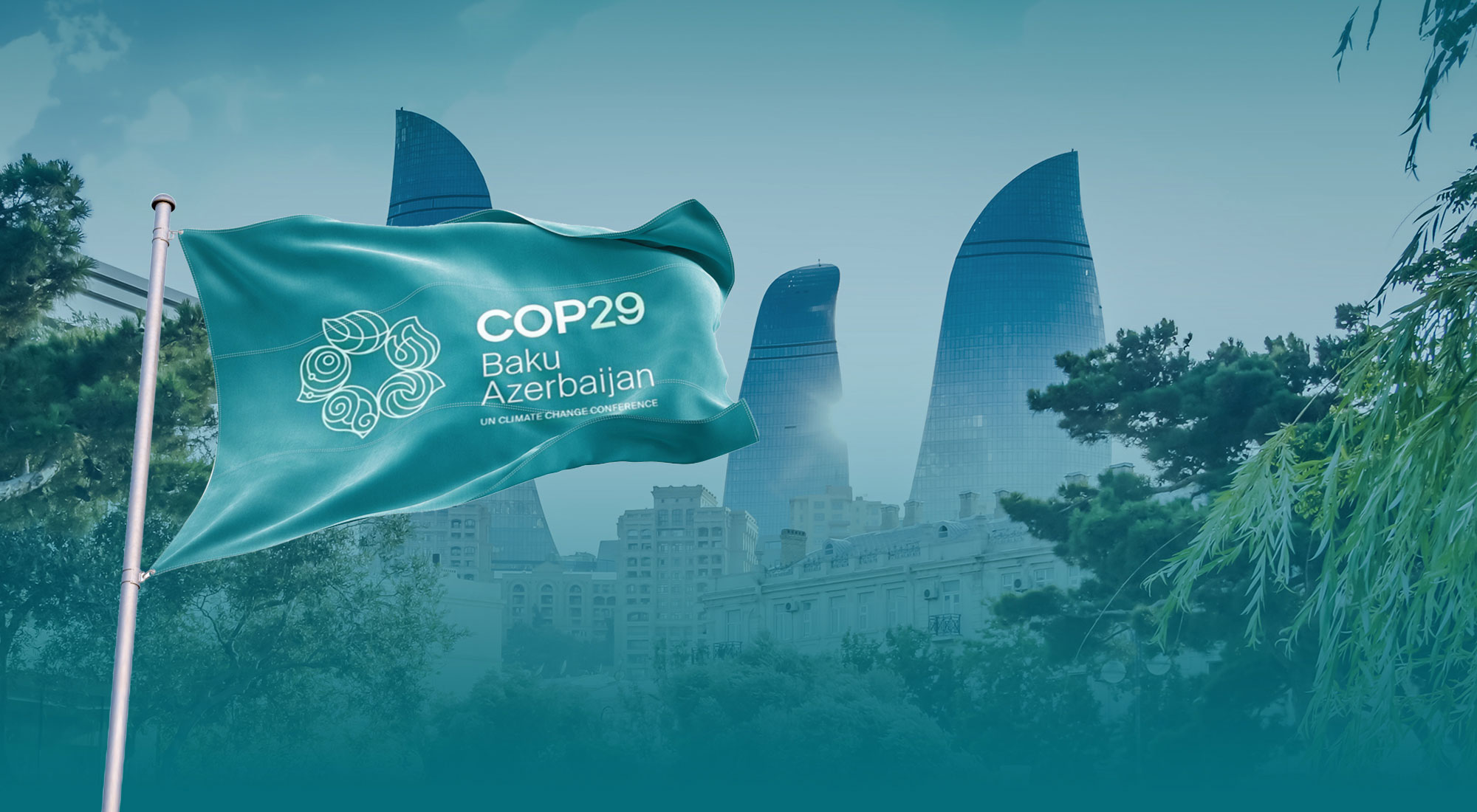
As Azerbaijan seeks to bolster its role as a key energy supplier for Europe, especially in light of the EU’s efforts to reduce dependence on Russian gas, the nation faces pressing challenges regarding its environmental impact and the need for a sustainable future.
With ambitious plans to increase renewable energy and cut greenhouse gas emissions, Azerbaijan’s dual focus on maintaining economic growth while addressing climate change will be under the spotlight at COP29.
The Land of Fire
On the Absheron Peninsula near Baku, flames rise from a natural gas-fed “burning mountain” known as Yanardag, symbolizing Azerbaijan’s deep connection to its fossil fuel reserves. Known as the “Land of Fire,” Azerbaijan’s oil and gas deposits have profoundly shaped its economy, culture, and geopolitical role. With 7 billion barrels in proven oil reserves, the country has been a major fossil fuel player since the mid-19th century. Azerbaijan, once part of the Russian Empire, was home to the world’s first commercial oil well and is now a major energy supplier to Europe, a role it is eager to strengthen amid shifting global energy dynamics.
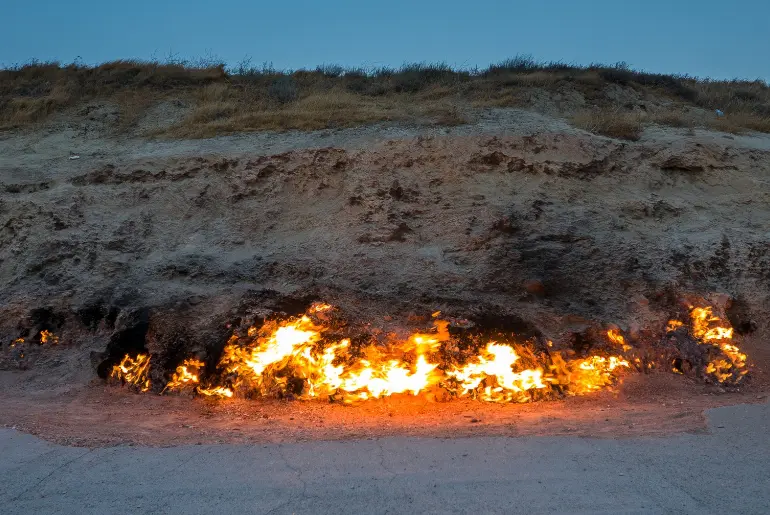
Baku’s Transformation Through Oil Wealth
Since its independence from the Soviet Union in 1991, Azerbaijan’s oil and gas industry has generated $200 billion, which has transformed Baku from a small fishing village into a vibrant metropolis. Petrodollars fueled the city’s modernization and funded defense against regional tensions, including its conflict with Armenia. Today, Baku hosts high-profile events like the Formula 1 Grand Prix and the Eurovision Song Contest, showcasing Azerbaijan’s ambition to leverage its resources for growth and global recognition.
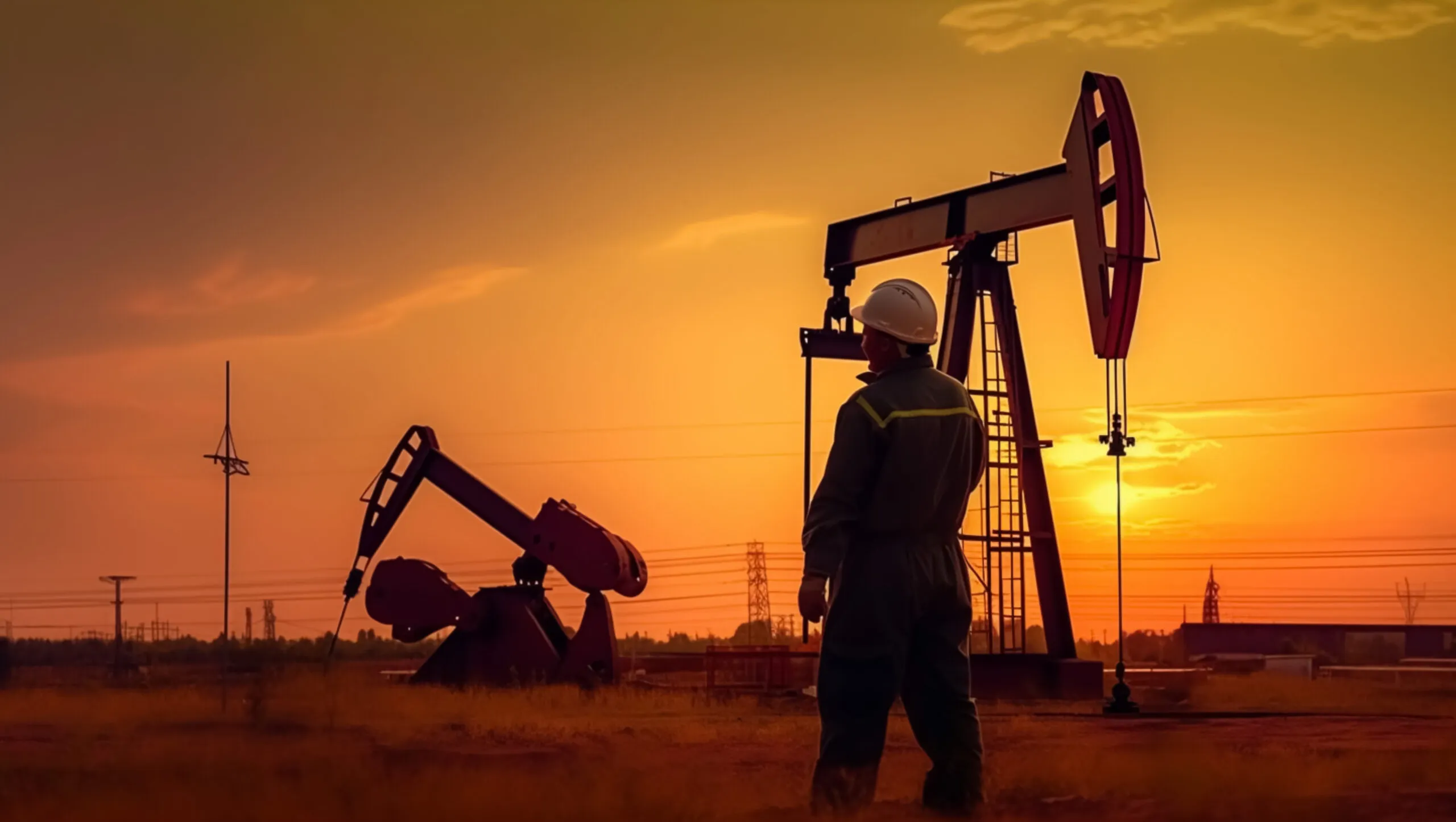
READ ALSO: Pakistan’s CJCSC Visits Azerbaijan, Meets Azerbaijani Leadership: ISPR
Energy Security Partner for Europe
Azerbaijan has become an important alternative energy source for Europe, particularly as the European Union seeks to decrease reliance on Russian gas. In 2022, the EU signed an agreement with Baku to double gas imports, allowing Azerbaijan to supply up to 5% of Europe’s gas by 2033, covering significant needs in Southern Europe. Despite the increased exports, experts predict that Azerbaijan’s oil will run out in 20 years, and its gas reserves could last around 50 years. Facing this timeline, the government is investing in other sectors such as technology and agriculture to diversify its economy and reduce reliance on hydrocarbons.
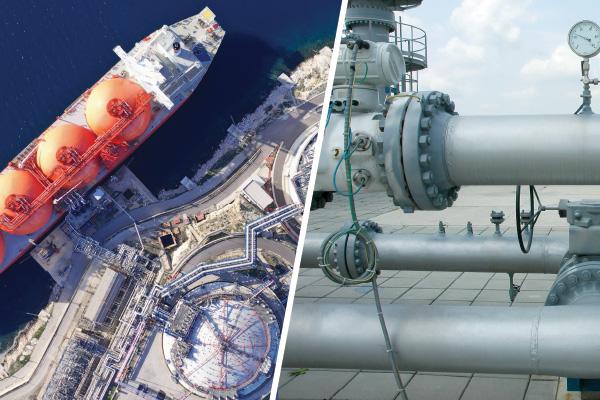
Challenges and Criticisms of Azerbaijan’s Green Agenda
Ahead of COP29, environmentalists have criticized Azerbaijan’s heavy fossil fuel dependence. While Baku does not carry the emissions burden for its exported fossil fuels, environmental groups argue it must still adopt a proactive climate policy. Azerbaijan has pledged to increase renewable energy to 30% by 2030 and cut emissions by 40% by 2050, including ambitious projects like transforming Karabakh into a “green energy zone.” Yet experts argue that these initiatives fall short of the commitments outlined in the Paris Agreement. A recent report by the Climate Action Tracker warns that Azerbaijan’s emissions could rise by 23-40% by 2030 compared to 2020, underscoring the need for a more aggressive approach to sustainable energy.
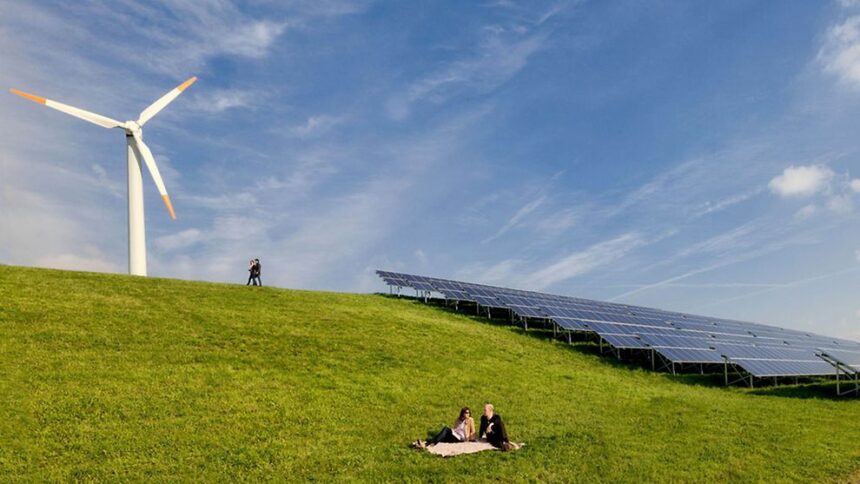
Balancing Energy and Sustainability
Azerbaijan’s efforts to position itself as both an energy provider and a green economy are complex. As it prepares to host COP29, Baku faces the dual challenge of capitalizing on its fossil fuel wealth while ensuring its long-term environmental impact aligns with global sustainability goals.
